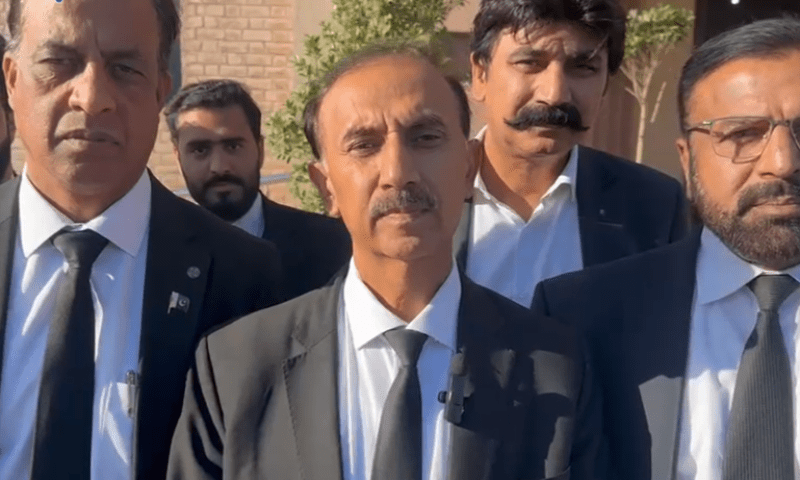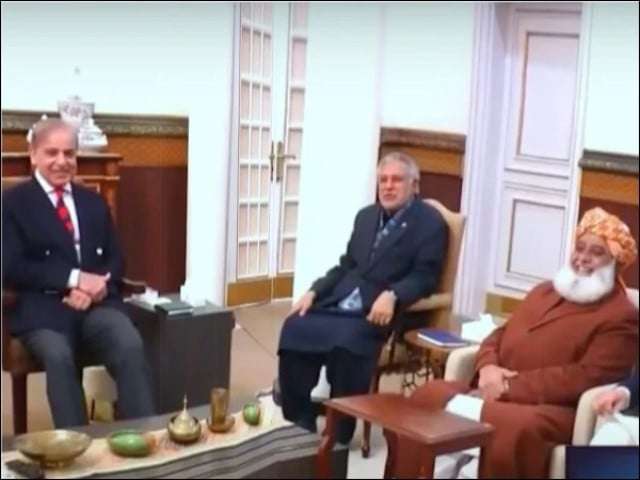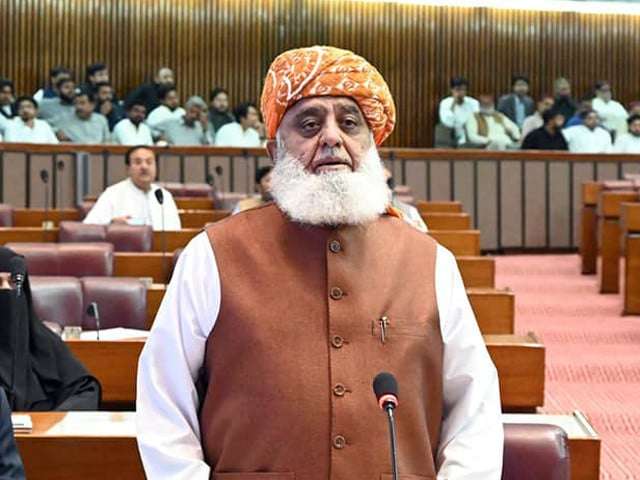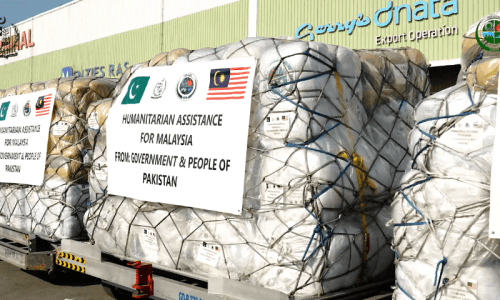Amid social media reports about Islamabad police conducting random checks of people’s mobile phones to trace PTI supporters, party leader and senior lawyer Shoaib Shaheen has raised concerns, calling it an “extremely dangerous act.”
Allegations of Mobile Phone Checks
Reports are circulating that Islamabad police are stopping citizens and checking their mobile phones to identify PTI supporters. Shoaib Shaheen, a prominent PTI leader, has voiced his concern over this, describing it as a severe threat to personal privacy and a direct attack on civil liberties.
Discrimination Against Pakhtuns
Adding to the controversy, Khyber Pakhtunkhwa Chief Minister Ali Amin Gandapur has accused the police of discrimination and profiling of Pakhtuns. He has brought this issue to the attention of Prime Minister Shehbaz Sharif through a formal letter, highlighting the discriminatory practices allegedly being used by the police.
Mass Arrests of PTI Supporters
As of November 28, over 1,400 suspects have been detained by Islamabad and Rawalpindi police in connection with the PTI protests. These protests saw significant clashes between supporters and security forces, resulting in the deaths of four security personnel and claims by the PTI that 12 of their supporters were killed by security forces—a claim the government denies.
Shoaib Shaheen’s Statements
Speaking to reporters outside Rawalpindi’s Adiala Jail, Shaheen made serious allegations against the police.
“They (police) just look at the CNICs and pick up anyone who had his made in KP,” Shaheen claimed. He further added, “They check the mobile phones of people, regardless of whichever ethnicity they belong to, and if they find any photo, video, group or message related to Imran Khan, they put them into jail.”
Shaheen warned of the severe implications of such actions, drawing parallels with the situation in East Pakistan before it became Bangladesh. He emphasized the need for the justice system to function without interference and condemned the government’s actions as unconstitutional.
Police Denial and Witness Reports
An Islamabad police spokesperson has refuted the allegations, stating that the checkpoints set up in Islamabad are routine and that no mobile phones are being checked. However, reports from Dawn.com correspondents suggest otherwise, with specific incidents noted on Islamabad Expressway where police were observed checking the mobile phones of motorcycle riders.
Verification Process
Attock District Police Officer (DPO) Dr. Sardar Ghias Gul Khan provided details of the verification process used during arrests. This process includes a simple interview, identity card checks, physical searches, vehicle searches, and finally, mobile phone checks. According to DPO Gul, mobile phones are examined to gather evidence of involvement in the protests.
Legal and Constitutional Violations
Law experts have criticized the police’s actions, stating they violate constitutional rights and specific laws, such as the Prevention of Electronic Crimes Act (Peca) 2016.
Violations of Privacy Rights
Nighat Dad, a prominent rights activist, highlighted that such actions violate Article 14 of the Constitution, which guarantees the inviolability of the dignity of man and the privacy of home. Dad pointed out that the right to privacy takes precedence over other laws and that the actions of the police are inconsistent with this fundamental right.
“As a fundamental constitutional right, the right to privacy is meant to take precedence over any other inconsistent provisions of domestic law,” Dad explained.
Lack of Legal Authorization
Advocate Ayman Zafar stated that the police could only legally search digital devices if explicitly authorized by law or with a court-issued warrant. She emphasized that such searches must be specific, proportional, and based on credible evidence of criminal activity.
“Legally, the police may search digital devices only if explicitly authorised by law, such as under the Prevention of Electronic Crimes Act 2016, or with a court-issued warrant under the Code of Criminal Procedure,” Zafar said.
Oppressive Regime and State Power Misuse
Abdul Moiz Jaferii, a member of Awaam Pakistan party, termed the police actions as “state-sponsored thuggery.” He condemned the use of coercive tools against citizens and described the searches as an offense against the fundamental right to privacy.
Court Rulings on Privacy
Barrister Rida Hosain pointed out a Lahore High Court ruling which stated that phone data could only be obtained with court permission. This ruling underscores the unlawful nature of the police’s actions in checking mobile phones without judicial warrants.
Profiling Based on Ethnicity
There have been allegations that the Islamabad police are targeting Pakhtuns and people from KP based on their ethnicity. These claims have been denied by the police, who termed them as “negative propaganda.” Despite the denial, reports and witness accounts suggest that ethnic profiling is taking place.
Rights Activist’s Stand
Renowned rights activist Imaan Zainab Mazari-Hazir emphasized that Islamabad police have no legal right to demand or search through citizens’ mobile phones at checkpoints without a warrant. She urged citizens to refuse such requests and highlighted the illegality of these actions.
“If anyone stops you at a checkpoint and demands your phone, refuse to give it. What Islamabad Police is doing is completely illegal,” Mazari-Hazir advised citizens.
Conclusion
The claims of mobile phone checks and ethnic profiling by Islamabad police raise serious concerns about the violation of constitutional rights and misuse of state power. These actions, if proven true, reflect a dangerous precedent of targeting political dissent and ethnic profiling, undermining democratic norms and the rule of law.
FAQs
1. What are the allegations against Islamabad police regarding mobile phone checks? Shoaib Shaheen and other PTI leaders claim that Islamabad police are conducting random checks of people’s mobile phones to identify PTI supporters, which the police deny.
2. What legal violations are involved in these mobile phone checks? Legal experts state that such checks violate constitutional rights, including the right to privacy under Article 14, and specific laws like the Prevention of Electronic Crimes Act 2016.
3. Are there reports of ethnic profiling in these checks? Yes, there are allegations that Islamabad police are targeting Pakhtuns and people from KP based on their ethnicity, although the police deny these claims.
4. What is the police’s official stance on these allegations? Islamabad police deny conducting random mobile phone checks and ethnic profiling, stating that checkpoints are routine and no phones are being checked.
5. How have rights activists responded to these allegations? Rights activists like Imaan Zainab Mazari-Hazir have condemned the actions, urging citizens to refuse to hand over their phones at checkpoints and highlighting the illegality of such actions.
ALSO READ:
https://flarenews.pk/2024/12/05/buy-itel-s23-in-installments-pay-rs-7900/



